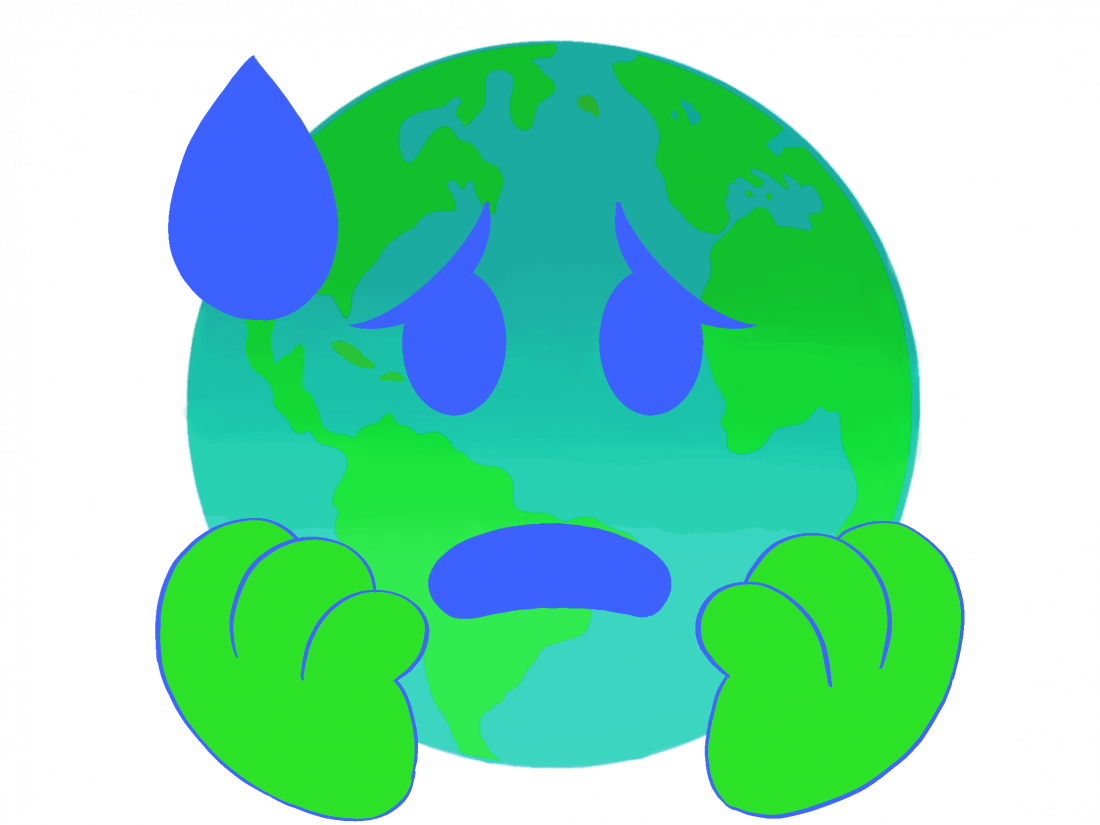When you’re fighting for something you care deeply about, it’s easy to get emotionally invested into what could happen if you don’t win that fight.
This is the fear going through the heads of millennials and gen z as they fight for climate justice. These generations have by far been the most active and vocal in the fight against climate change, likely because they’ll be the first ones to experience the significant effects in their lifetime.
The fear of being unable to reverse or halt the changing climate or protect the environment is called eco-anxiety, and no generation has felt it as much as millennials and gen z kids do.
Though gen z is giving them a run for their money, millennials remain the most anxious generation for many reasons. There’s the issue of unprecedented political and economic instability, not to mention the constant developments in technology.
Though other generations might have also felt the effect of all these factors, millennials are experiencing eco-anxiety in unprecedented numbers. For them, the climate crisis raises questions such as whether it is moral to bring children into an unfit world and whether there is a point in working towards a future you might not be able to live in.
These issues come up in the HBO show Big Little Lies. In season two, episode three, we see a discourse arise over teaching grade two students about the dangers of climate change after a student collapses from a panic attack during a class discussion on the topic.
In reaction to this, we see Renata, the mother of the collapsed child, argue that eight-year-old children are too young to be learning about climate change and in turn, their own mortality. Alternately, the principal of the school argues that climate change is a reality that the next generation has to face, so it needs to be deconstructed so that the children can process it.

It’s easy to understand the perspective of a concerned mother who does not want her young child collapsing from anxiety because of talk of the deteriorating state of our planet. Youth are being forced to confront their own mortality at a very young age, and this is taking a toll on their mental health.
However, as the principal argues, youth do have a right to learn about what is going on and the steps that need to be taken to fix the problem — especially because they’ll be the ones inheriting the issue. And as we see with the growing numbers of teenage activists in the news, children do have an interest in taking these matters into their own hands.
While children cannot be kept completely blind to the issues concerning the world they will inherit, the method of teaching chosen in the show — having the students listen to and repeat worrying facts about climate change — wasn’t handled well according to experienced climate educators Maria Ghiso and Jungwon Kim.
According to these professionals, starting small with digestible facts is key to teaching young people about climate change. Involving their schools in the education is also vital, as this is where children spend a lot of their time.
Most importantly, sharing success stories of victories won in the fight against climate change will show that the situation isn’t hopeless and help them avoid anxiety. Finally, show them how they can get involved so they are actively fighting the issue.
Eco-anxiety isn’t going anywhere because climate change isn’t going anywhere. However, there will always be ways to keep it under control.
—
Tomilola Ojo/ Culture Editor
Graphic: Shawna Langer / Graphics Editor
Leave a Reply